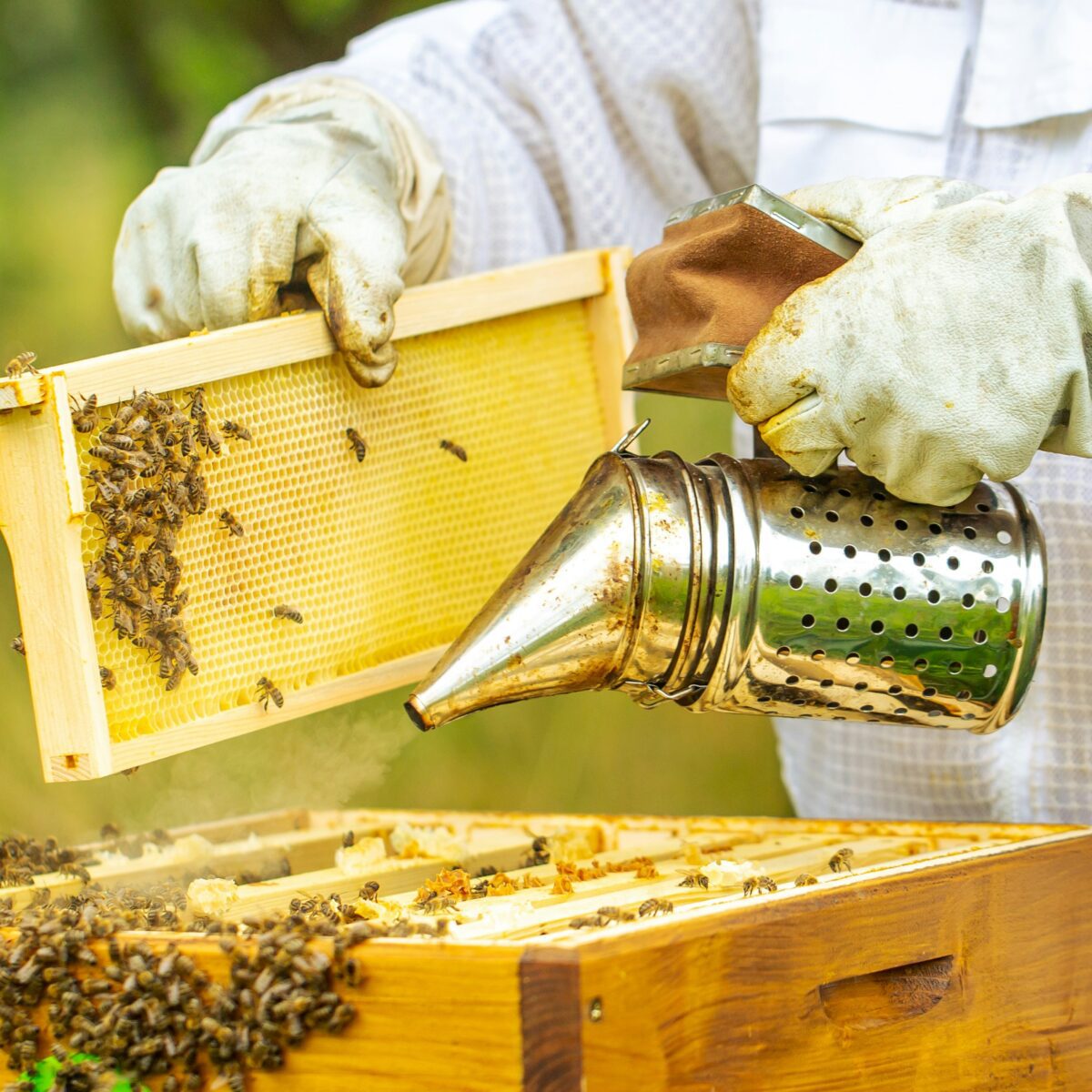Introduction to organic food and its benefits
Welcome to a greener and healthier way of living! Organic food isn’t just a trend; it’s a lifestyle choice that can transform your well-being and the planet. By choosing organic, you’re not only nourishing your body with wholesome nutrients but also supporting sustainable farming practices that protect our environment for future generations. Let’s dive into the world of organic food and discover how you can boost your health while going green with Bee!
Looking to boost your health and help the planet at the same time? Look no further than organic food with bee! Discover how you can nourish your body while supporting sustainable farming practices. Let’s dive into the world of organic goodness together!
The dangers of conventional farming and why choosing organic is important
Conventional farming practices often rely heavily on synthetic pesticides, herbicides, and fertilizers to maximize crop yields. These chemicals can have harmful effects on human health, contaminating the soil and water sources. Additionally, conventional farming methods contribute to the decline of biodiversity as monocultures replace diverse ecosystems.
Choosing organic foods is crucial for avoiding exposure to toxic chemicals that can disrupt our endocrine system and lead to various health issues. Organic farming promotes sustainable agricultural practices that prioritize soil health, crop rotation, and natural pest control methods. By supporting organic agriculture, you are not only protecting your own well-being but also safeguarding the environment for future generations.
Organic certification ensures that products meet strict standards regarding the use of synthetic inputs and genetically modified organisms (GMOs). When you choose organic, you are making a conscious decision to support ethical farming practices that prioritize both human health and environmental sustainability.
How to identify organic foods at the grocery store
When walking down the aisles of your local grocery store, it can sometimes be challenging to distinguish between organic and conventionally grown produce. One way to identify organic foods is by looking for the USDA Organic seal on the packaging. This label indicates that the product has met strict guidelines set by the United States Department of Agriculture.
Another tip is to check for a PLU code starting with a 9 on fresh fruits and vegetables. This code signifies that the item is organically grown. Additionally, you can visit the produce section where organic products are usually grouped together or labeled separately from non-organic items.
Don’t hesitate to ask store staff for assistance if you’re unsure about a particular product’s organic status. Keeping these tips in mind will help you make informed choices while shopping for nutritious and environmentally-friendly organic foods at your grocery store.
Where to find local, organic produce and support sustainable agriculture
Looking for ways to support sustainable agriculture and find fresh, organic produce in your area? Look no further than your local farmers’ market. These vibrant hubs of community activity offer a wide selection of locally-grown fruits, vegetables, and other delicious goodies straight from the farm to your table.
Community-supported agriculture (CSA) programs are another fantastic option for getting your hands on organic produce while supporting small-scale farmers. By joining a CSA, you can receive weekly or monthly deliveries of seasonal fruits and veggies that are grown with care and without harmful chemicals.
Don’t forget about co-op grocery stores and natural food markets in your neighborhood. These establishments often prioritize sourcing products from local farms that follow organic practices. Plus, they typically have knowledgeable staff who can help guide you toward the best organic options available.
By choosing these avenues to purchase organic foods, not only are you benefiting your health but also supporting environmentally-friendly farming practices that promote biodiversity and long-term sustainability.
Tips for incorporating more organic foods into your diet
Looking to add more organic goodness to your plate? Here are some simple tips to help you incorporate more organic foods into your diet effortlessly.
Start by swapping out conventional produce with organic options. Choose organic fruits and vegetables that are in season for maximum freshness and flavor.
Experiment with new recipes that highlight the natural flavors of organic ingredients. Try making a colorful salad with a variety of fresh, organic veggies or whip up a smoothie using organic fruits and greens.
Visit your local farmer’s market or join a community-supported agriculture (CSA) program to access a wide selection of locally grown, organic produce. Supporting sustainable agriculture not only benefits your health but also the environment.
Consider growing your own herbs or vegetables in a small garden at home. It’s rewarding to harvest your own pesticide-free produce straight from the backyard!
Don’t forget about incorporating other organic staples like grains, dairy products, and meats into your meals for a well-rounded, nutritious diet.
Conclusion: The impact of choosing organic on health and the environment
Choosing organic foods not only benefits your health but also has a positive impact on the environment. By opting for organic produce, you can minimize exposure to harmful chemicals and pesticides while supporting sustainable farming practices that promote biodiversity and soil health. Making small changes in your diet by incorporating more organic foods can lead to significant long-term benefits for both yourself and the planet. So, next time you’re at the grocery store or farmer’s market, consider choosing organic – it’s a choice that can make a big difference in the long run.





